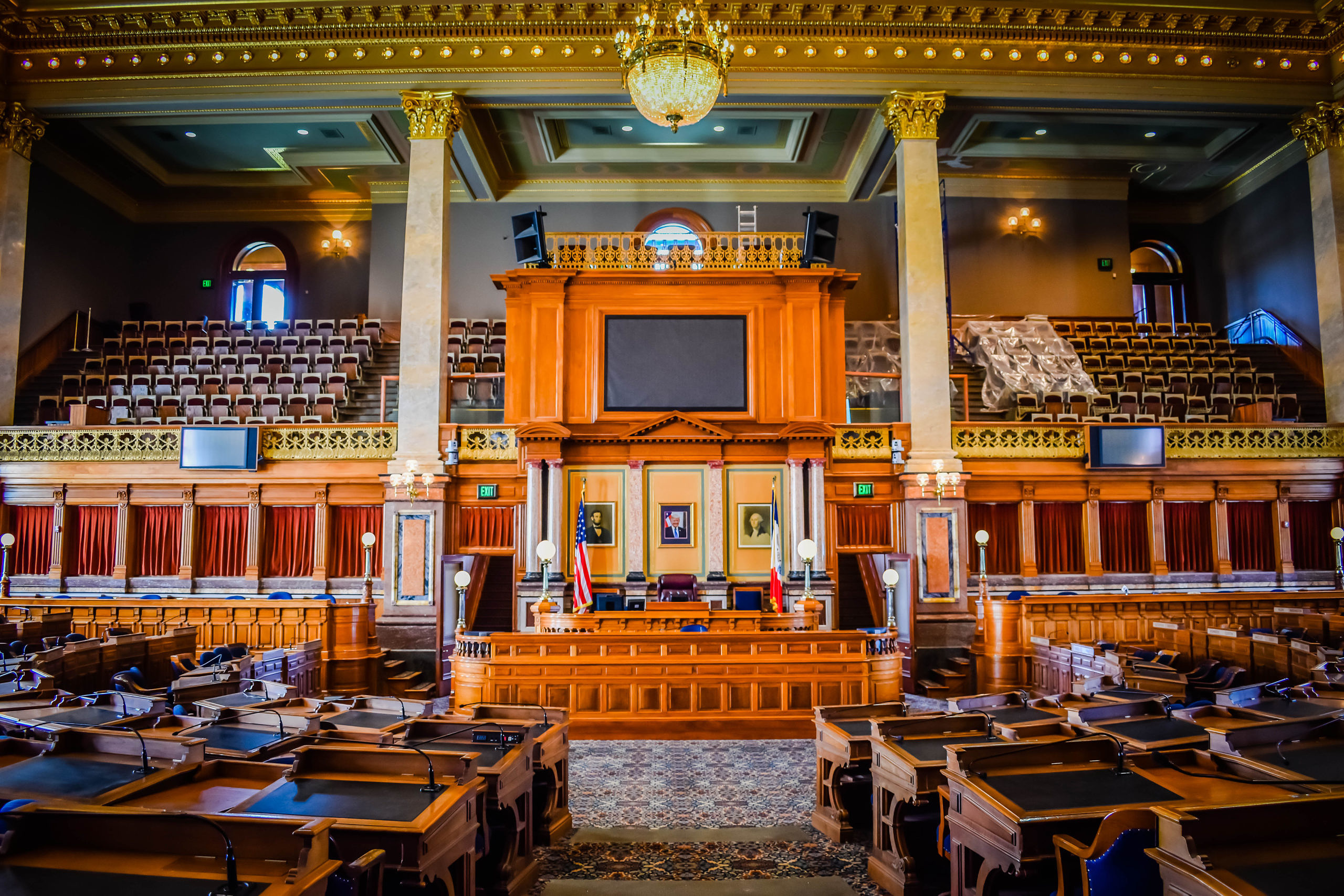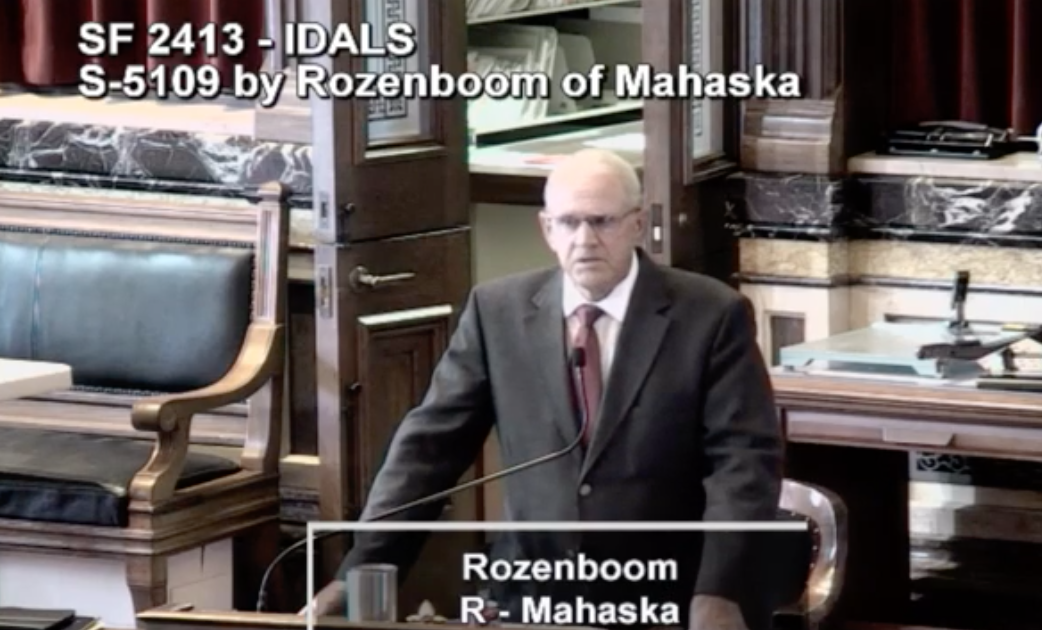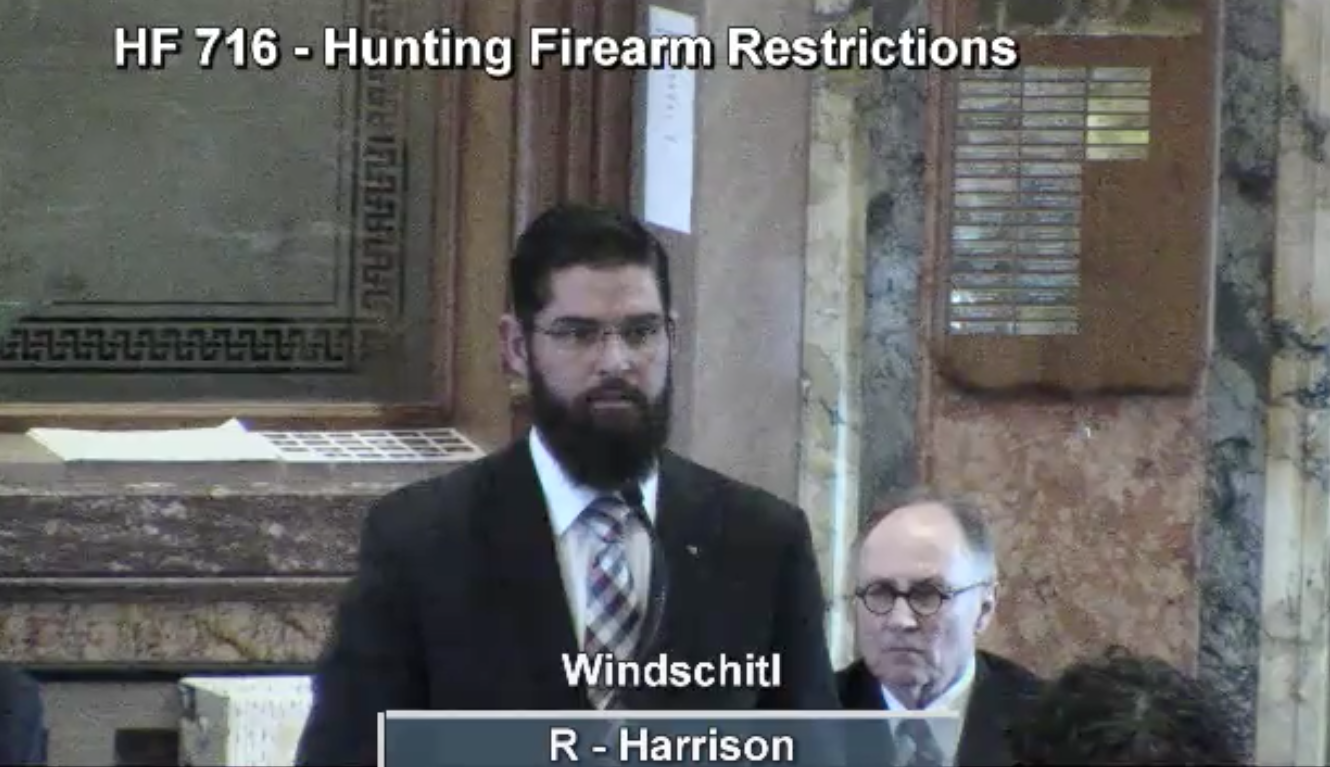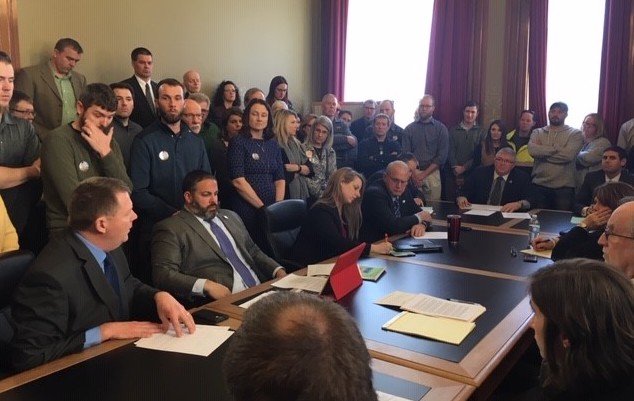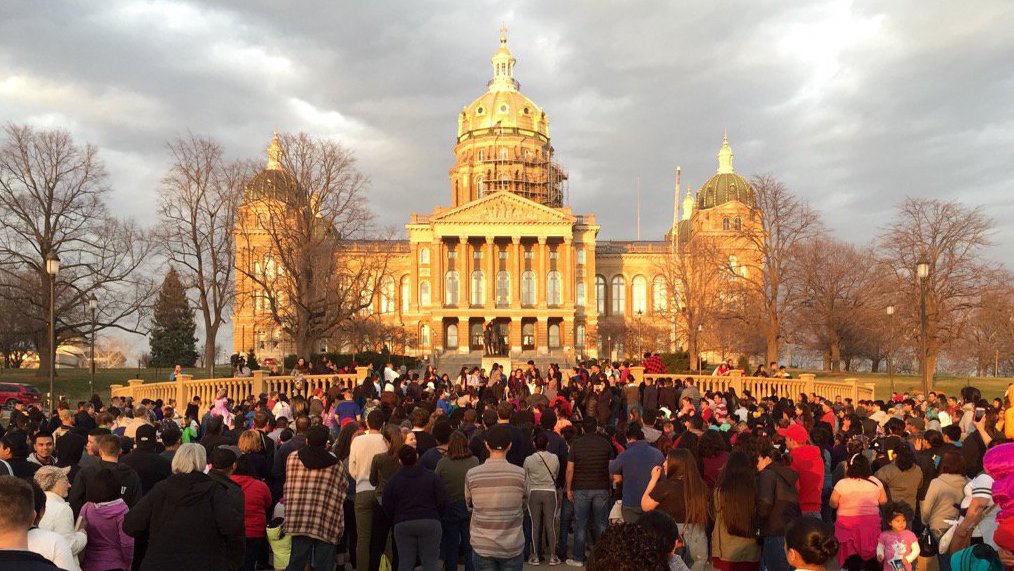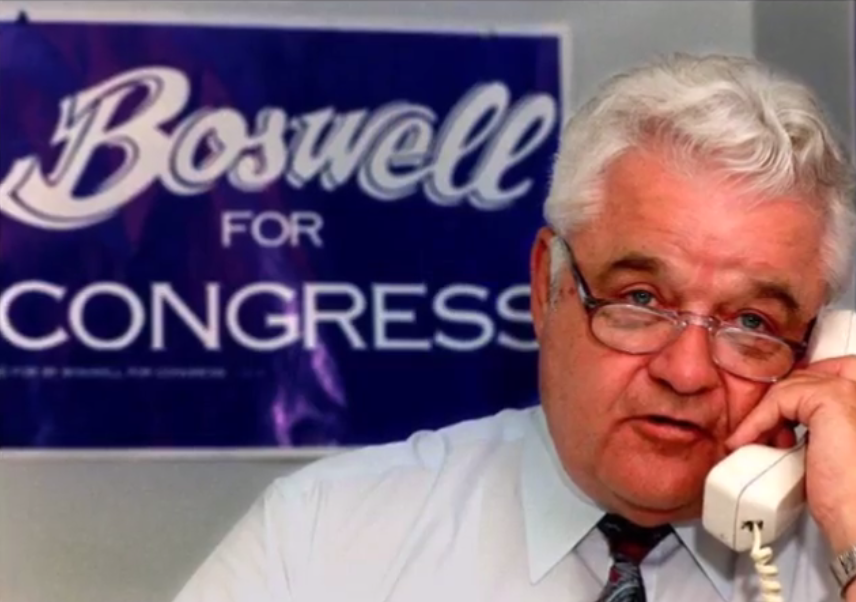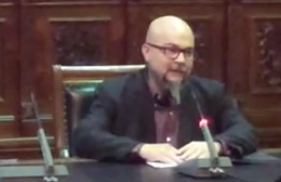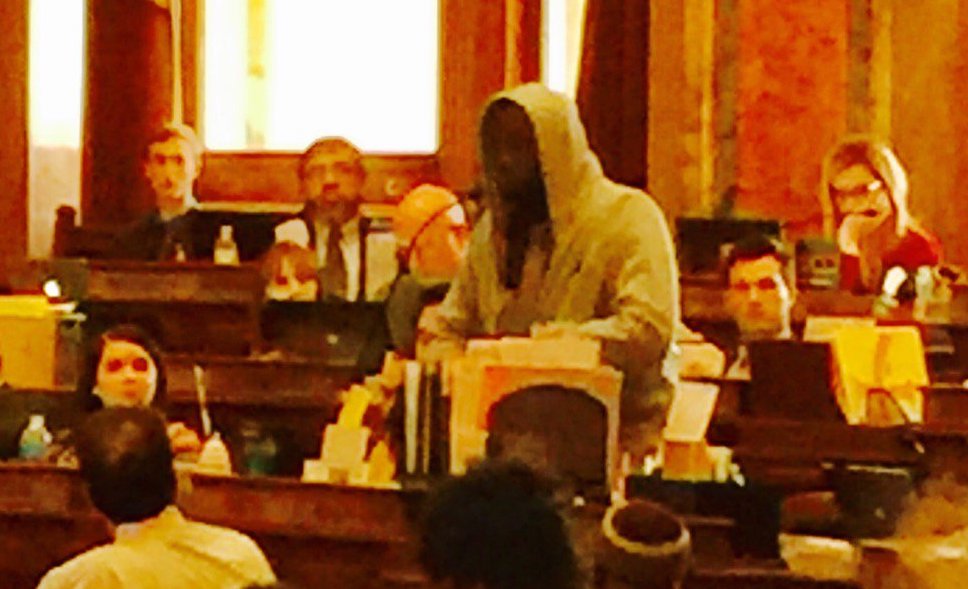State Representative Jack Drake passed away this weekend at the age of 81. He had been the longest-serving Iowa House Republican, representing parts of southwest Iowa since his first election in 1992. His current district (House district 21) covers all of Union and Adams Counties and parts of Cass and Pottawattamie Counties. Since the Republicans regained the Iowa House majority in the 2010 elections, Drake had chaired the Agriculture and Natural Resources Appropriations Subcommittee. Iowa House Speaker-Select Linda Upmeyer said in a statement today, “Iowa lost a dedicated public servant with the passing of Rep. Jack Drake. […] During his time in the Iowa House, Jack was a leader and trusted resource on agricultural issues which are so important to the State of Iowa. As the most senior member of the House Republican Caucus, his expertise and guidance will be sorely missed.”
I have never met Drake, but by all accounts he was a wonderful person to work with. The word “kind” came up again and again today in my conversations with people who interacted with him, either as fellow lawmakers or as advocates.
Former State Representative Frank Wood, who was the ranking Democrat on Drake’s appropriations subcommittee in 2013 and 2014, told me he was “shocked” by the news and said Drake would be “sorely missed.” Wood “thought very highly of him when I worked with him. He always kept me in the know of what was going on and what his limitations were” in terms of the budget targets. Democrats often requested additional funding for various programs, and according to Wood, Drake “understood and flat-out told me, if I had more money, I would definitely put it in those areas.” During the 2014 legislative session, when environmental advocates and a bipartisan group of lawmakers fought for extra funds for the Resource Enhancement and Protection (REAP) program, Drake was generally supportive. (The legislature approved record funding for REAP that year, but Governor Terry Branstad vetoed part of the money.) Wood also described Drake as “a gentle giant” and “a very non-partisan individual.” He toted the Republican line, but was “very pleasant to work with. I don’t think he had a mean bone in his body.”
State Representative Scott Ourth, the ranking Democrat on the Agriculture and Natural Resources Appropriations Subcommittee during this year’s legislative session, told me, “What a sad day it is. Jack and I struck up a fast friendship right from the get go. He was very fair, an honest guy to work with, willing to compromise where his leadership would allow him to.” He “never stood in the way” of Ourth advocating for REAP funding or other Democratic priorities. Echoing Wood’s sentiments, Ourth described Drake as “a loving, kind, and generous man” and an elected official out of “the old school” with “no partisan divisiveness.” He was willing to work “with anyone and everyone” at the statehouse. Ourth summed up that he had “nothing but good things to say about that man” and would “miss him terribly.”
Ourth also mentioned that since June, he has been working long hours in Drake’s district for a subcontractor on a large MidAmerican Energy wind farm project. (64 wind turbines are going up between Corning and Lennox in Adams County.) During these months, Ourth has talked with many of Drake’s constituents, who invariably said “what a great guy they thought he was” and how well he represented their district.
State Representative Chuck Isenhart, who also served on Drake’s subcommittee and is the ranking Democrat on the House Environmental Protection Committee, told me today, “Jack Drake was a kind and soft-spoken man.” He added that Drake “offered crucial, public bipartisan leadership to the establishment of Iowa’s local farms and food initiative in 2010, and has been a reliable supporter of the program ever since.”
With Drake’s passing, the most senior members of the Iowa House Republican caucus are Health and Human Services Appropriations Subcommittee Chair Dave Heaton and Transportation, Infrastructure and Capitals Appropriations Subcommittee Chair Dan Huseman, both of whom were first elected in 1994.



